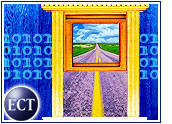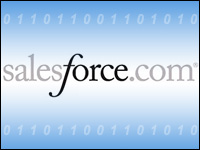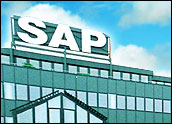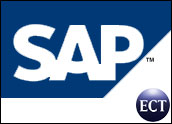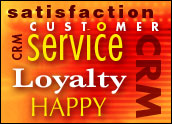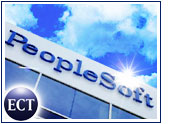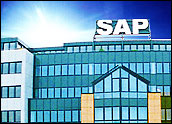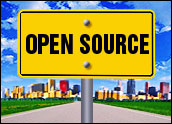
As more companies explore the cost effectiveness and power of open-sourceplatforms like Linux, questions are arising about the interoperability of majorenterprise applications like CRM. Because no CRM system is designed specificallyfor Linux, some companies that run the open-source operating system are striving to fit vendors’ offerings into an environment that may not be ideally suited for those programs.
But the integration process does not have to be a struggle to fit a square peg into around hole. Despite the challenges that may crop up between open-source platformsand CRM systems, there are ways to use both technologies well, analysts say.
“It’s certainly feasible,” Aberdeen Group vice president Chris Selland told CRM Buyer. “It’s just a matter of putting some extra resources into combining CRM and open source. A heck of a lot of companies are doing just that.”
Do-It-Yourself CRM
One of the most popular methods of bringing CRM into an open-sourceenvironment has nothing to do with finding a vendor that can work well with Linux or FreeBSD, Selland said. Instead, he noted, “a tremendous number of companies are building something themselves.”
He noted that some packaged CRM applications can run on Linux but still rely on an Oracle database. “You won’t find a true CRM system for open source,” he said. Because of that fact, many open-source advocates prefer to tinker with CRM components rather than go with a vendor’s suite.
One plus of developing an in-house CRM application is that companies can eliminate unnecessary functions and include only the features and components they need. Yankee Group analyst Sheryl Kingstone told CRM Buyer that although this approach may requiremore of the IT department’s time, it can produce an application that is truly company specific.
Share and Share Alike
A side benefit is that once a company has built a CRM system, it is likely to share that code with other developers, Kingstone added. After all, many users of open-source platforms appreciate the nonproprietary nature of that software. Therefore, they may be inclined to extend that sentiment to other areas, such as CRM development.
“Companies can take the open-source code for a CRM application that’s beendeveloped by other companies and personalize it for their use,” Kingstonesaid. “We’re seeing that a lot now — where people share expertise and swap code rather than build something from the ground up.”
Through developer forums and networking, IT departments within differentcompanies can collaborate and perfect the code used for CRM systems. Becausethis is a growing trend, it is possible that stronger and more feature-filled CRM applications will become available for open-source platforms in the future.
As Kingstone said: “The more people gravitate toward sharing code, the more theapplications will grow and evolve. Eventually, we could see a shift where CRM moves from a proprietary application to an open-source one. We’re only on the edge of that now, but the movement is growing.”
Host with the Most
For companies that do not have developers at the ready or simply prefer to go with a packaged application, it appears that hosted CRM works best in a pureLinux environment, although SAP also has been making a strong play in the market with its in-house offerings.
As Aberdeen’s Selland noted, “A hosted, browser-based system can be used by anyone, no matter what environment you’re running.”
Selland added that a company using Linux should not have a problem with CRM from a vendor like Siebel or PeopleSoft — once again, so long as the CRM software can be accessed through a browser.
On the in-house side of the fence, SAP is working to tout the benefits of its own CRM application paired with Linux. Kevin Rickson, SAP’s director of global solutions marketing, told CRM Buyer that it does not matter whether a company isrunning Linux or Windows on the front end; it is what runs at the server level that matters. If a company’s servers are running Linux, CRM implementation may be more challenging, but not impossible.
“We’re seeing many customers that are integrating Linux into theirenvironments,” Rickson said. “That’s why we’re making a push to help their CRMefforts with NetWeaver, so they can have the benefits of CRM at the same time as having the benefits of Linux.”
Playing Well Together
As Linux is embraced in more and more enterprises, it is likely that other CRM vendors will look for ways to capitalize on the open-source market, too.
“I think we’re really at a turning point in the industry,” said Denis Pombriant, Beagle Research analyst and founder. He told CRM Buyer that Linux’ success has made CRM vendors consider improving their applications’ ability to interact with it. “I suspect we’ll see more applications build on open source, or at least pieces of those applications,” he noted.
He added that the next generation of CRM products is likely to include components that are open-source friendly, and interoperability should grow from there.
“I think there will be a trend toward companies wanting open-source CRMcomponents rather than whole application suites,” Pombriant said. “So, CRM and open source should go very well together in the future.”

